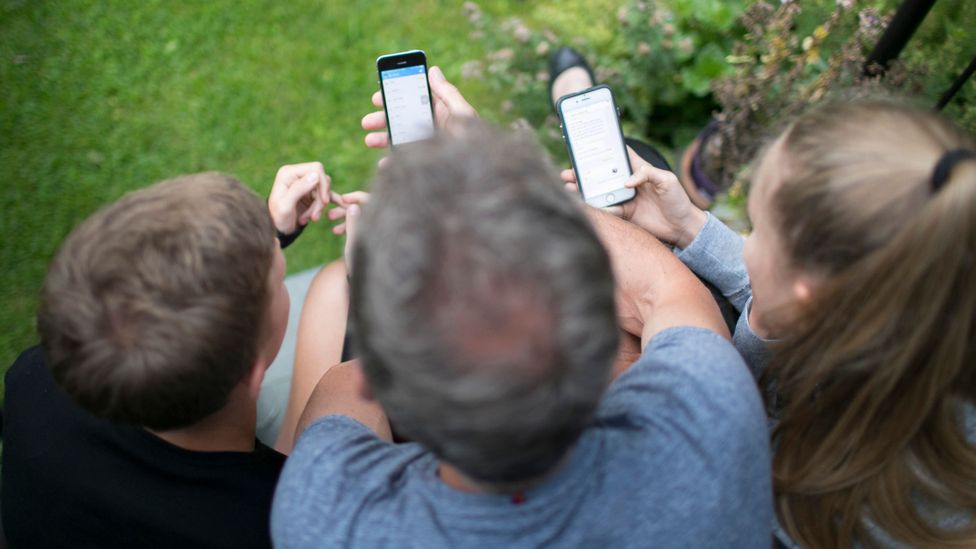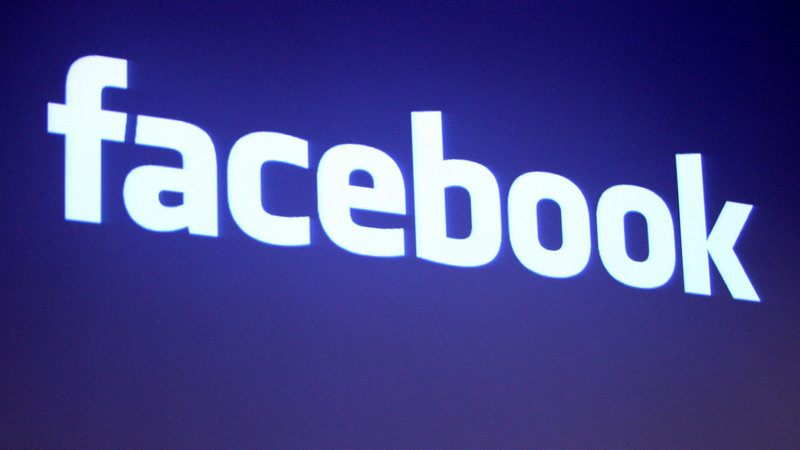If you are a chain letter hoax, then heaven is for real and it is Facebook. The site has hosted an army of copyright and giveaway hoaxes in recent years with a fury not seen since the heydays of the emailed chain letter.
And now, the social network is trying and failing to shake off a month-long, obviously false viral post claiming that anyone who shares it will win part of the social network founder’s fortune.
The hoax began on or around December 1, shortly after Zuckerberg announced the birth of his daughter – and said that he and his wife Priscilla Chan plan to eventually donate 99 percent of theirFacebook shares to charitable causes. The chain post claims that Zuckerberg also announced he would give 10 percent of those shares to those who copied and pasted a “thank you” message by midnight on an unspecified date. (He didn’t.)
To get a sense of what we’re talking about, here is the full message that supposedly could bring its sharers part of Zuckerberg’s fortune, via Snopes:
“THANK YOU, MARK ZUCKERBERG, for your forward-thinking generosity! And congrats on becoming a dad!
“Mark Zuckerberg has announced that he is giving away $45 billion (roughly Rs. 2,99,318 crores) of Facebook stock. What you may not have heard is that he plans to give 10% of it away to people like YOU and ME! All you have to do is copy and paste this message into a post IMMEDIATELY and tag 5-10 of your friends. At midnight PST, Facebook will search through the day’s posts and award 1000 people with $4.5 million EACH as a way of saying thank you for making Facebook such a powerful vehicle for connection and philanthropy.
“I hope someone I know gets a piece of the pie – let me know if you do!!!”
If you’re like many Facebook users, the above probably looks very familiar by now.
Snopes’s first pass at debunking the hoax went live on December 3, just two days after Zuckerberg’s actual announcement. The hoax marched on. Facebook publicly addressed the matter on December 9:
“Friends don’t let friends copy and paste memes. While Priscilla and Mark’s pledge to give money to improve the world is real, not everything you read on the internet is, and they’re not giving it away randomly. Be safe out there, sweepstakes seekers.”
Eventually, it evolved: Later versions of the chain claim that the poster thought the whole thing sounded like hooey (it is), until they saw it on “Good Morning America” or some other marginally reputable source of news (they didn’t).
Debunking is often a pointless endeavor, as we at The Washington Post know very well. Facebook in particular seems to never be without some viral hoax or another, and they’re often reruns. For instance, there’s the well-known “copyright” hoax, which claims that anyone posting a very legal sounding paragraph to their timeline can stop an impending privacy apocalypse on the social network from affecting their account. That one’s been around since at least 2012, staying alive on the tiniest of grains of plausibility for those who share it. Who isn’t concerned about online privacy, after all?
Broadly speaking, the Facebook giveaway hoax is part of a genre of chain messages that promise material rewards for virtually no effort on the part of the target. New York Magazine has looked into the particular history of the billionaire giveaway Facebook hoax, which has been going strong on Facebook for about 5 years.
The billionaire giveaway hoax is just one variation on the theme, though. Before the Zuckerberg giveaway spread, Facebook users couldn’t stop sharing the “secret sister” message this past fall. That chain post was (is) essentially a mathematically impossible pyramid scheme that claimed participants would receive a ton of free gifts from “secret sisters” around the world in exchange for sending one small gift to another person. And that type of chain has been around since at least 1935, using different media.
[“source-ndtv”]









